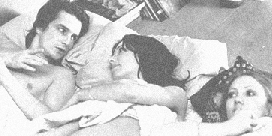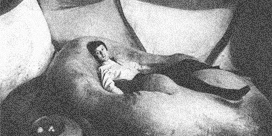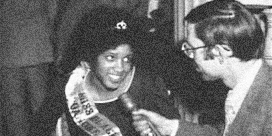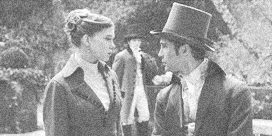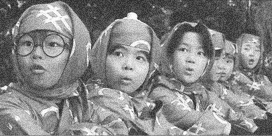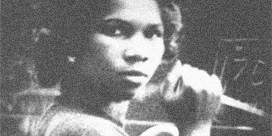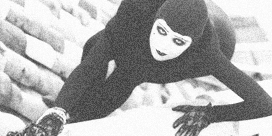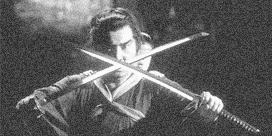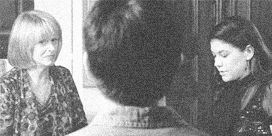February Twentieth
& December Eleventh Two-Thousand Eleven
by Leo Goldsmith With his maddeningly consistent body of work of about a dozen films since the mid-1990s, each a circuitous litany of hook-ups, break-ups, love triangles, and drinking sessions, Hong Sang-soo has axiomatically become the most underrated filmmaker in the world. Or at least he’s underrated on these shores—the French seem to like him a lot. And indeed the roots of Hong’s style make him a kind of honorary French auteur; they combine the interpersonal complexities of Eric Rohmer, the through-the-looking-glass narrative fragmentation of Alain Robbe-Grillet, and the seemingly offhanded realism of Eustache or Pialat. But Hong’s humor is all his own—so awkward and scathing it’s easy to mistake for spite, so subtle and bone-dry it’s easy miss altogether. None of this has boded especially well for distributors of his films in the United States. Even his 2006 film Woman on the Beach, a kind of milestone in his career and one of his most likeable films, wasn’t exactly a hit upon its theatrical release, and subsequent films have largely been relegated to low-profile DVD releases and, if they’re lucky, a festival screening or two.
But Hong’s Eastwoodian output of a film a year often means that several of his films fallen through the cracks, which is why the Museum of the Moving Image’s screenings of two recent Hong films, Ha Ha Ha and The Day He Arrived, were especially welcome bookends to a year’s viewing. Each of these is, naturally, of a piece with his previous work, following helpless, underemployed film directors on their often pathetic pursuits of sex and alcohol with interchangeable, chimerical women. As always in Hong, flashbacks, doppelgangers, voiceovers, and narrative red herrings suggest a multiplication of perspectives on a contemporary world which, for all its surface blandness, implies a sometimes frightening, sometimes euphoric lack of certainty. The underlying mechanical similarity among these films makes them occasionally difficult to tell apart, but this confusion is actually appropriate to the memory games and paradoxes of Hong’s work, which often use repetition and subtle chronological impossibilities to disorient or reorient the viewer. (A less subtle, but not less enjoyable such trick can be found in the wonderful trailer for The Day He Arrived.) A detractor could easily say that once you’ve seen one Hong film you’ve seen them all, but for devotees the slight nuances and evolutions from work to work – sometimes minute, sometimes cataclysmic (in the case of a film like Oki’s Movie, for example) – form a playful cinematic world that’s somehow familiar and unstable all at once. Fortunately, the Museum is continuing its commitment to Hong’s work with a five-film retrospective in March, including a screening of 2009’s Like You Know It All, which has never before screened in New York (and rarely, if ever, in the U.S.).








